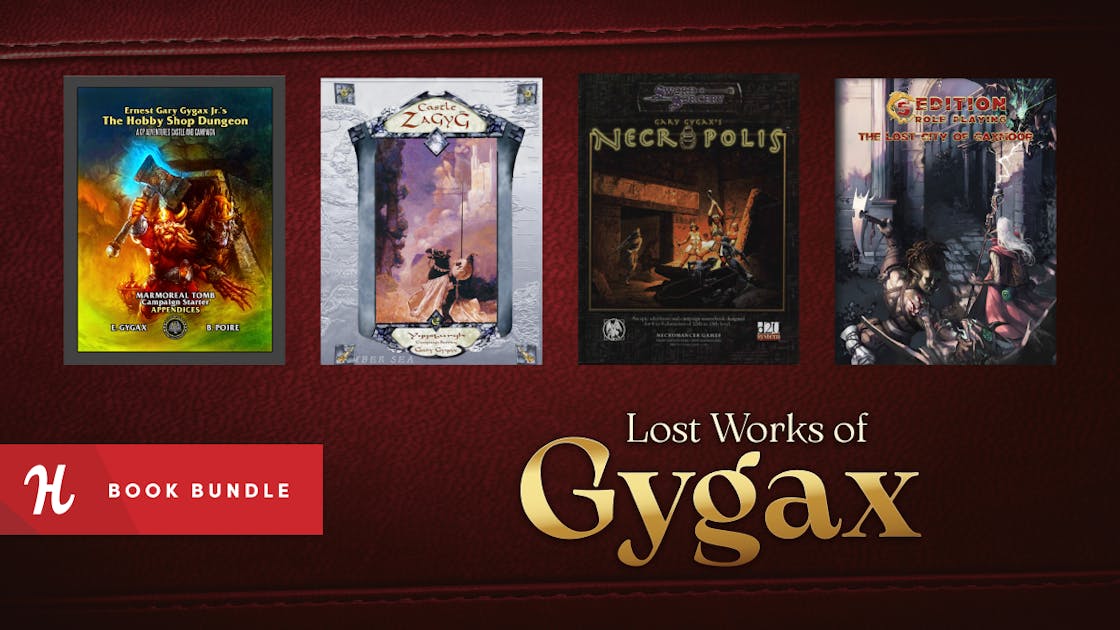Bacon Bits
Legend
This brings up two slightly related issues-
I love Gygax's words (High Gygaxian) in the old D&D products. But the Gord novels? The first one is ... okay. The others vary in quality (IMO) from dire to unreadable.
Second, I think either the Hollywood time, or age, or the evolution of the hobby broke something in Gygax. Cyborg Commando was godawful. His plans for a 2e were ... well, I would say that, to quote Gygax, "the antithesis of weal." For a decade, he was arguably the most creative force in the hobby- even putting aside the fact that he brought D&D to life. Afterwards? Eh....
I never tried any of Gygax's fantasy novels. Given how I generally feel about D&D novels, I assumed I wouldn't like them.
But I do agree that when Gygax was in his prime he knew what he was doing running the game. The 1e AD&D DMG at once contains both some of the most timeless and most absurd ideas I've ever read about TTRPGs, and given that Gygax later said that he never ran the game using any of the rules in the DMG I think that only makes sense. I think that's also why B/X feels more cohesive and well-designed in general, in spite of the fact that it's a little too simple and still has combat structures that are a little to complicated to bother with.
I really do need to finish reading The Elusive Shift. Somewhere in that transition, I think, Gary got lost. I don't think he was superannuated by the rise of narrative roleplaying. I think he got trapped in the DM vs player mentality. Perhaps he simply sat at the table with too many people that were gung-ho to beat Gary Gygax at his own game. I can only imagine the awful things fame does to someone. So much of what he said or wrote seems to vascillate between brilliant nuggets of TTRPG theory and just seemingly malicious truculence.




